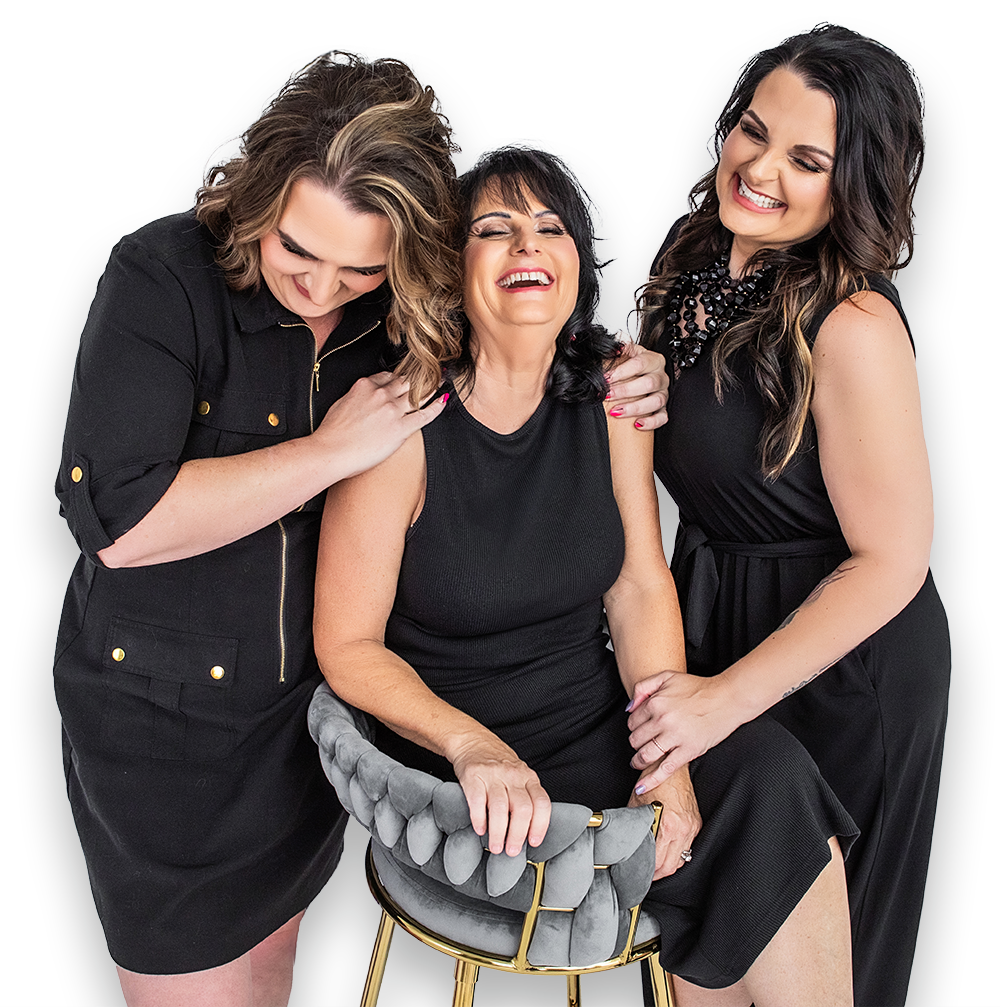Frequently Asked Questions

I've never talked to anyone. I'm used to handling things on my own. Aren't people who go to therapy weak?
Some people believe that seeking help suggests they are weak, weird or crazy. The reality is that the majority of people in therapy are ordinary, every day people, who are dealing with everyday ordinary problems. Adjusting to major life changes, such as grief, trauma, or relationship conflict are all examples of common issues that bring people to therapy. In fact, according to the National Institute of Mental Health, more than 1 out 4 adults have some type of mental health disorder at any given time in their life, and as many as thirteen percent of children. And in dealing with life stressors, there is great power in being witnessed by another person who holds compassion and understanding for you, but unfortunately this is not the reality for many who are taught that to be vulnerable and to show emotions is a sign of weakness – a weakness that when shared may lead to abuse.
What's the difference between talking to you or my best friend or family?
A good therapist is able to keep the relationship professional and address issues in an objective manner rather than becoming attached, which could negatively affect the individuals ability to grow. Counseling is different from a friendship, in that the friendship, at least a healthy one, is a two way street, give and take. But the counseling space is just for the individual.
Why shouldn't I just take medication?
Although medications may be beneficial, the goal is to learn new ways to cope that will last a lifetime. This may include learning emotional regulation, positive copings skills, and other methods to address daily life stressors- all are important in mental health.
How does it work? What do I have to do in sessions.
During the initial assessment, you and the counselor begin to build rapport to see if a working relationship is possible. The counselor gathers a lot of information pertaining to the reason(s) you are seeking counseling and your history and background. Future visits are more therapeutic in nature and will focus on your presenting concerns for example, specific symptoms, problem or past trauma.
How long will it take?
The initial session and most sessions to follow average 45-60 minutes. Testing is different in that there is an initial session to gather information, followed by approval from your insurance company to proceed with testing, once approved testing slots are scheduled and may last 60 minutes to 4 hours depending on types of testing conducted.
I want to get the most out of therapy. What can I do to help?
Once therapy is on the way, your path to wellness is a team effort. Your counselor may be the guide, but you carry the responsibility of opening up about the different aspects of your life. Once a session is scheduled, please plan to keep your appointment and cancel at least 24 hours in advance. Schedule therapy at a time that allows you to reflect and rest. Therapy can be mind and body exhausting and you may require some time to recoup. There will be some tough times during therapy sessions; during these times the counselor may choose to stop a session or to alter the course as a way to meet you where you are at.
How much does it cost?
Good faith estimates are discussed during the initial session. If you have questions about cost prior to this, please call and this information will be provided.
What is a learning disability?
A learning disability is diagnosed when an individual, who has normal (and sometimes better than normal) ability to learn shows unexpected difficulty in academic learning, namely, reading, writing and math. Left undetected, learning disabilities may affect academic success, self-esteem, and motivation.
How are LDs diagnosed?
Diagnosis of LDs starts with a thorough diagnostic assessment of a child’s developmental history, followed by cognitive and academic tests based on individual needs.
How is ADHD diagnosed?
Attentional disorders are based on a thorough diagnostic assessment of a child’s or adult’s history. Struggles to maintain attention are caused by numerous external and internal factors such as trauma, anxiety, personality traits, physical illness, lack of good nutrition, and much more. To minimize ‘false positive’ diagnoses, we provide a comprehensive evaluation that is scientifically based to determine the cause and to avoid unnecessary treatment.
Don't wait to get the help you need...
You don’t have to suffer alone. We can help equip you with the tools to manage your mental health symptoms and bring about a brighter, happier future.
